We know our clients need reliable, rigorous evidence to make informed decisions and to address critical international development issues. Our approach is rooted in a combination of academic rigour, local expertise and innovative survey designs, ensuring that we always provide the highest quality data. With staff on the ground and a team who are experts in different survey methods, we have established proven and rigorous data collection processes and tools that are in line with international best practices.
We excel in various aspects, including questionnaire design and programming, collecting both quantitative and qualitative data, safeguarding respondent privacy, ensuring robust data protection, and efficiently processing data. Our commitment is to consistently deliver the highest quality data quality while adapting our services to meet the dynamic demands of our partners and the ever-evolving environment.
Large-scale quantitative surveys have been a staple of EDI Global’s offering for over 20 years. Our team comprise experts who leverage local contextual knowledge to ensure the successful planning and execution of surveys. Proficient in electronic data collection, they excel in programming surveys of varying complexity using a range of computer-assisted personal interviewing (CAPI) software. We have dedicated teams responsible for translations, data collection and the meticulous oversight of data quality, using the full potential of CAPI functionalities. Additionally, our team have well-established, rigorous data management and cleaning processes and protocols, deployed in Stata and Python software.
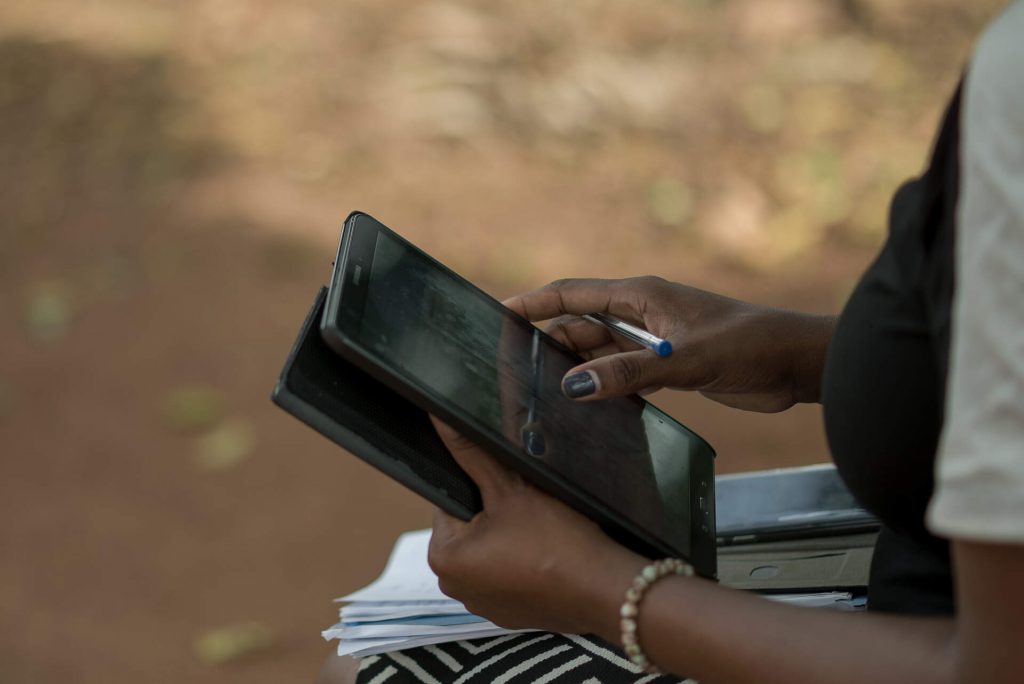
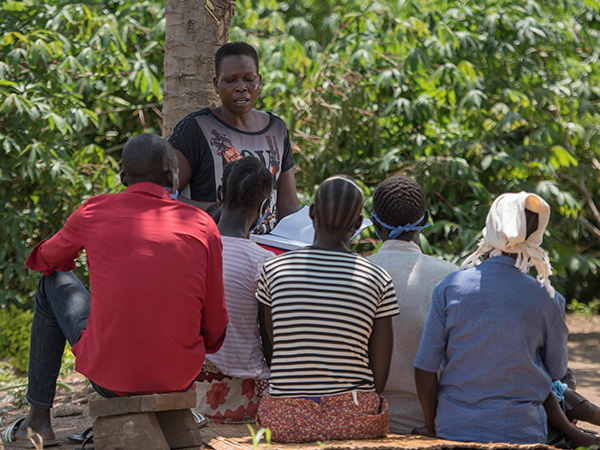
EDI Global’s team are well-versed in qualitative data collection: we know many of our partners and clients want to apply mixed-methods approaches to data collection. Key informant interviews, focus group discussions, participatory mapping and life stories are just some of the qualitative methods that EDI Global has implemented.
EDI Global has utilised remote data collection methods since 2013. We have established remote quality assurance protocols in place for both CATI and SMS surveys, to ensure the data collected are of the highest quality. Our team have collected remote data, including in high-frequency surveys, from over 55,000 respondents across East Africa, covering a range of respondent types and topics, including questions on sensitive topics fielded to vulnerable populations.
EDI Global understands the challenges associated with remote data collection, analysis and interpretation. Our team can offer advice on issues such as survey design, sample representativeness bias, response rates, and ethical challenges.
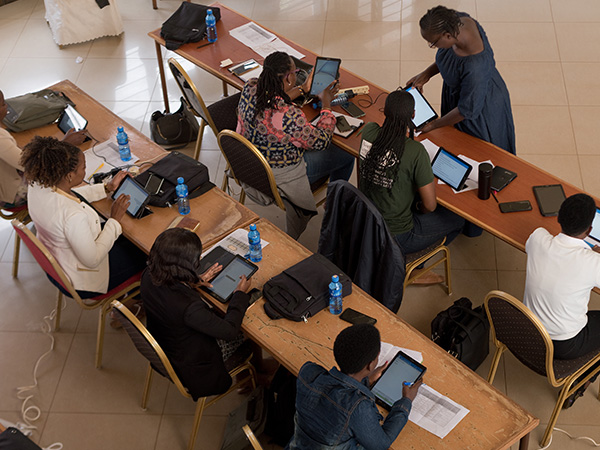
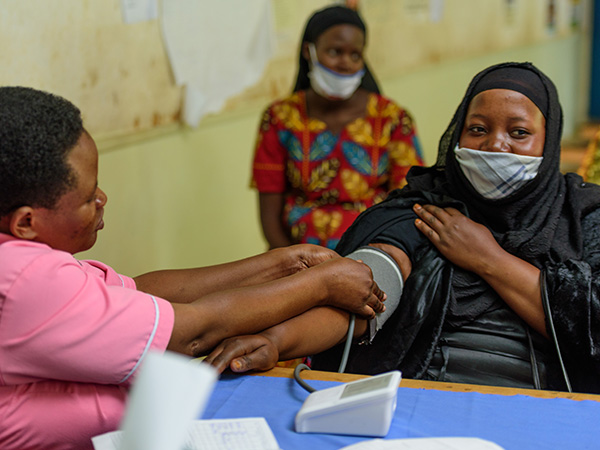
Many of our projects involve the collection of innovative, supplementary data that are accurate and contextually appropriate, from bio-medical data to water quality data to anthropometric data. We have qualified teams of professionals and access to specialised equipment and technology to enable us to collect a wide range of other data to support our clients’ various approaches to research and impact measurement.
Our researchers are experts in supporting complex multi-country studies, ensuring that the highest quality data are consistently collected throughout. Our team are skilled at striking a balance between recognising the importance of local context and the need for rigorous data quality protocols to deliver reliable and consistent evidence that spans multiple countries.

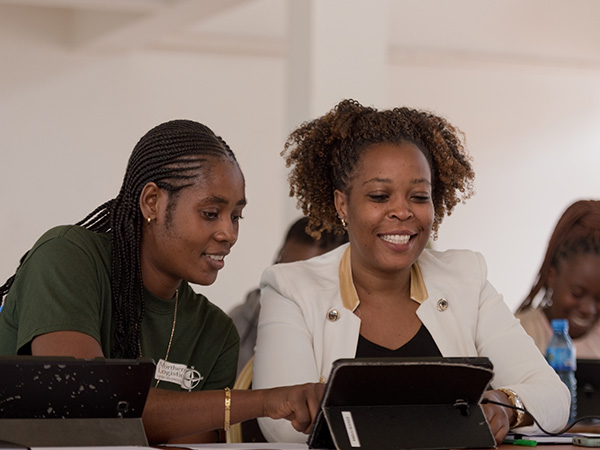
Our team of experts are committed to providing comprehensive training and capacity building on all aspects of survey methodology and fieldwork management. From designing surveys to programming electronic questionnaires, managing fieldwork, and processing and cleaning data in Stata, we offer training that covers every stage of the data collection process. Our goal is to equip external partners with the skills and knowledge necessary to conduct high-quality data collection that adheres to international best practices.
We provide both in-person and remote training to external teams across the globe, which enables us to share our expertise and build capacity in diverse settings. Our training approach emphasises practical, hands-on learning, with a focus on real-world applications and problem-solving.

Sign up to receive our newsletter plus periodic blogs on monitoring, evaluation, research and learning (MERL) and data collection.